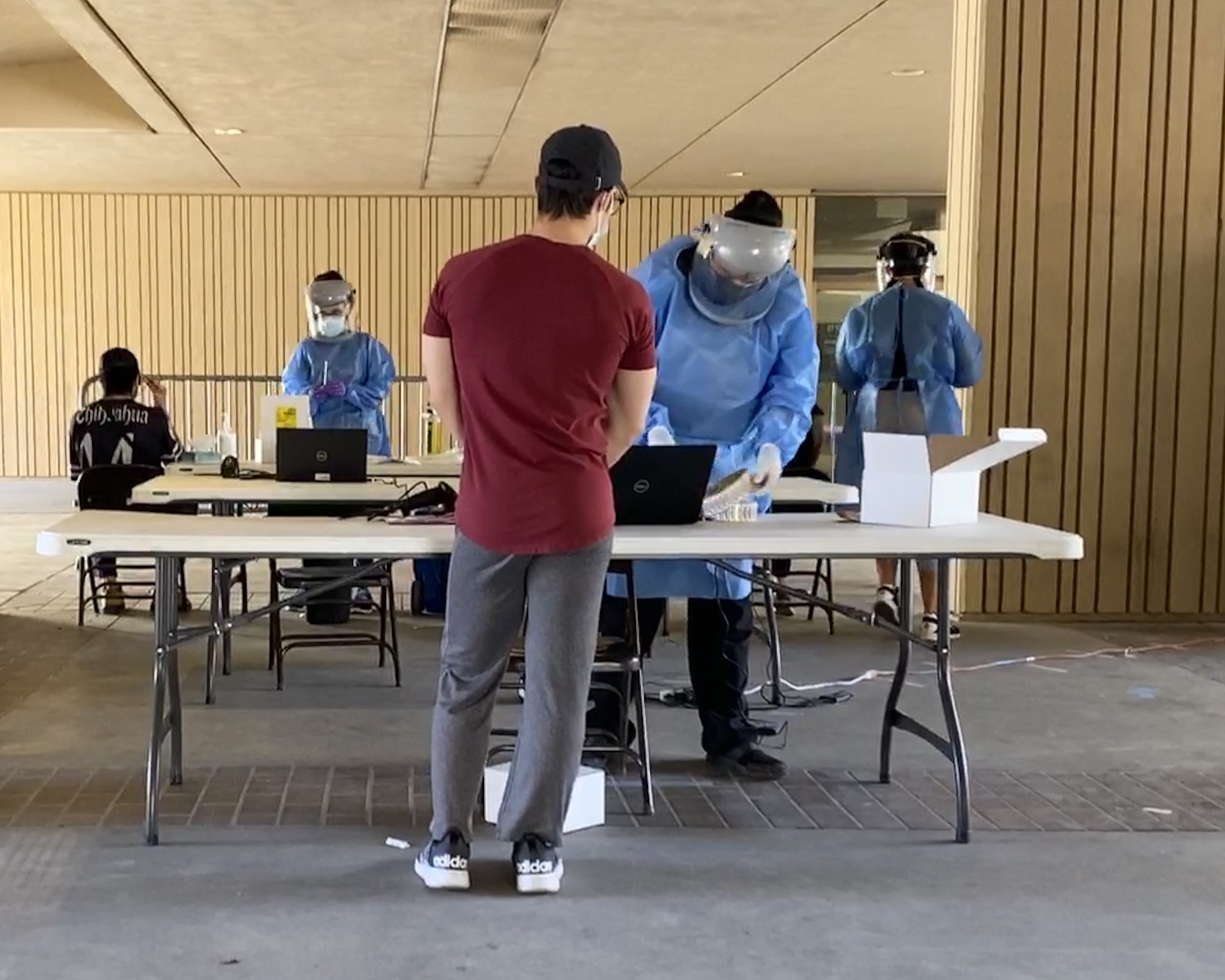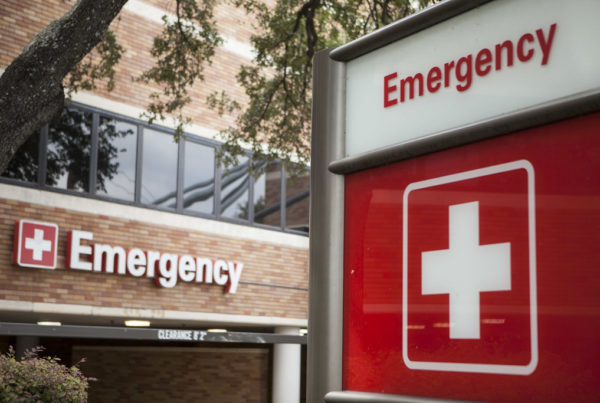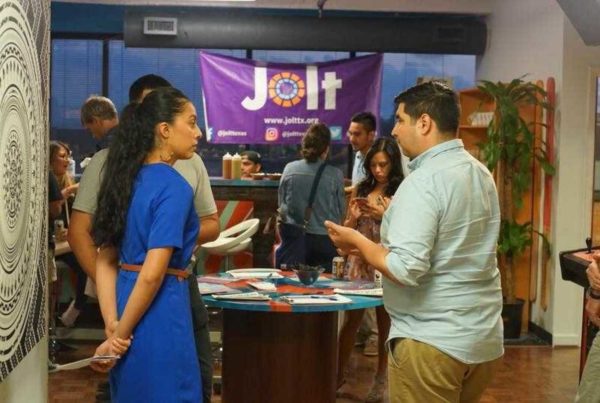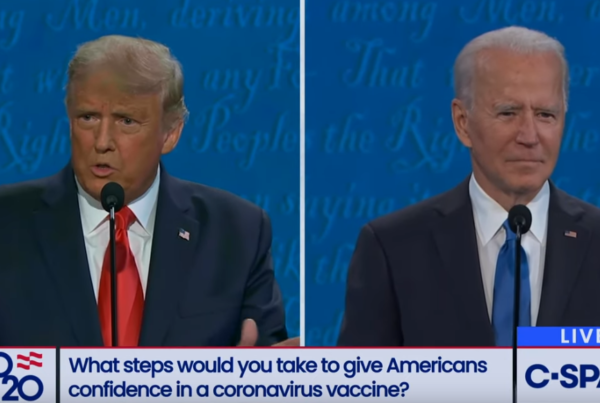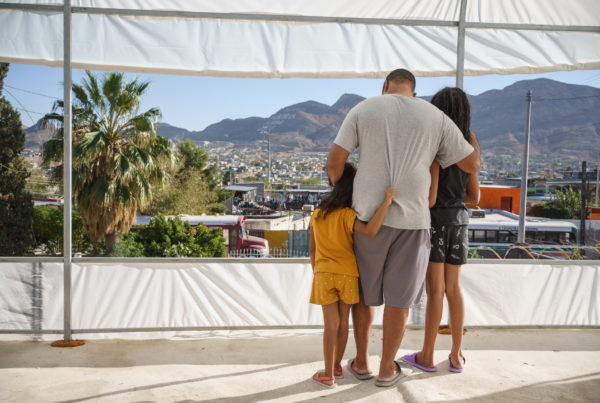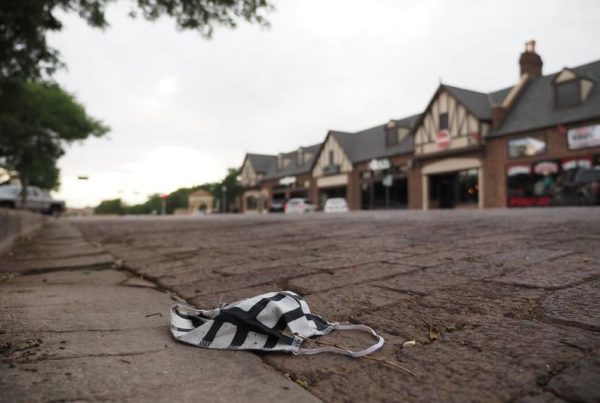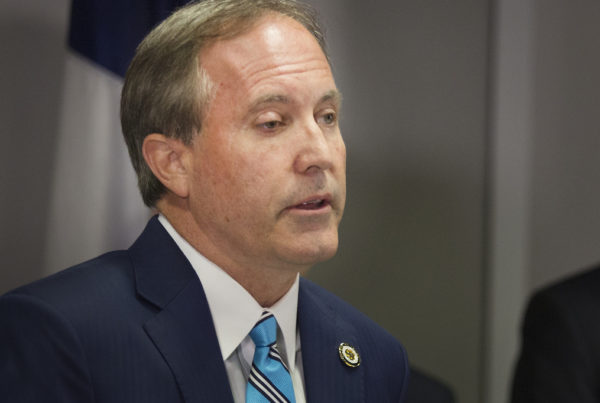El Paso Mayor Dee Margo is urging residents to stay home for a minimum of two weeks, as the number of new COVID-19 cases reported in the city reached an all-time high of 1160 Thursday – more than double the day before.
During a grim press conference, Margo reminded people behind the record numbers, there are family members, “a mother, a father, grandmothers, grandfathers, brothers, sisters and children, a member of a family – our family.”
As COVID-19 spreads through the city, contact tracing is critical to fighting the virus. Contact tracers are supposed to quickly get in touch with people who test positive and then follow up with those they’ve been in contact with, to notify them to try to prevent them from infecting others. The number of new cases has soared to more than 10,000 In the last three weeks creating a huge workload for contact tracers in El Paso.
“At these number of positive cases a day it is a difficult task so we’re looking at expanding what we can do,” said El Paso Fire Chief Mario D’Agostino. El Paso set a goal of having 300 contact tracers but currently has 270, according to D’Agostino. He says that’s still enough to get the job done but the city’s own data tells a different story.
In recent weeks, the number of people notified within 48 hours that they were exposed to someone with COVID-19 plummeted from 88% on October 1 to 36% on October 22. Thursday the number of cases for the day topped 1,100.
The decline comes as more people rush to get tested and the need for contact tracing grows.
“So you can see, it’s a multifactorial storm that has come together to create this terrible sort of community spread or epidemic that we have,” said Dr. Ogechika Alozie, an infectious disease expert and chief medical officer at Del Sol Medical Center in El Paso.
“We can’t get test results back fast enough. We can’t notify people fast enough. Not enough of the people are responding to contact tracing. And we don’t have that sort of precision around where exactly the cases are coming from to target. And so we were really looking at some troubling times in the next three or four weeks,” he said.
El Paso County Commissioner David Stout is concerned about a possible breakdown in the contact tracing process. He saw the problem first-hand when his own assistant tested positive.
“It’s been… three weeks at least since he tested positive and he never got a call from the health department to interview him about where he had been and who he had been in contact with,” said Stout.
That 24-year-old had symptoms but is now back work. After talking about his assistant’s experience in County Commissioners’ Court, Stout said he heard from other El Pasoans who tested positive but never got a call from a contact tracer. He also reached out to a COVID-19 survivors’ group on Facebook and heard from about two dozen more people who were not contacted in a timely manner or at all.
He adds that contract tracing is key for lifting emergency orders for businesses now forced to operate with reduced hours and half capacity.
“If we’re opening up the economy without doing contact tracing it’s really dangerous in my opinion because we don’t know where the virus is and where it’s going,” Stout said.
During the press conference on Thursday, City Health Department Director Angela Mora said contact tracers are working seven days a week. “Now it’s probably 18-20 hours a day. We are working all of us extended hours.”
According to Mora, if someone doesn’t get a call from a contact tracer within 24 hours after testing positive “it could be an indication that we did not get the person’s lab results.”
She urged people with positive results to stay home and call the health department with a list of their contacts who may have been exposed.
The city expects to hire 30 more contact tracers as it begins to send tracers to people’s homes when they don’t answer the phone.
“If the individuals are not answering their phones and we are unable to talk to them and provide the guidance necessary to protect themselves and others, then what we are doing is we are issuing health orders that are hand-delivered,” she explained.
Those who don’t comply with orders to stay home and quarantine for 10-14 days face fines.
The city is also sending members of the educational task force to neighborhoods in six zip codes that are COVID-19 hotspots, based on a cluster of positive cases. Testing in those areas has also ramped up which will create a bigger demand and case load for contact tracers.


